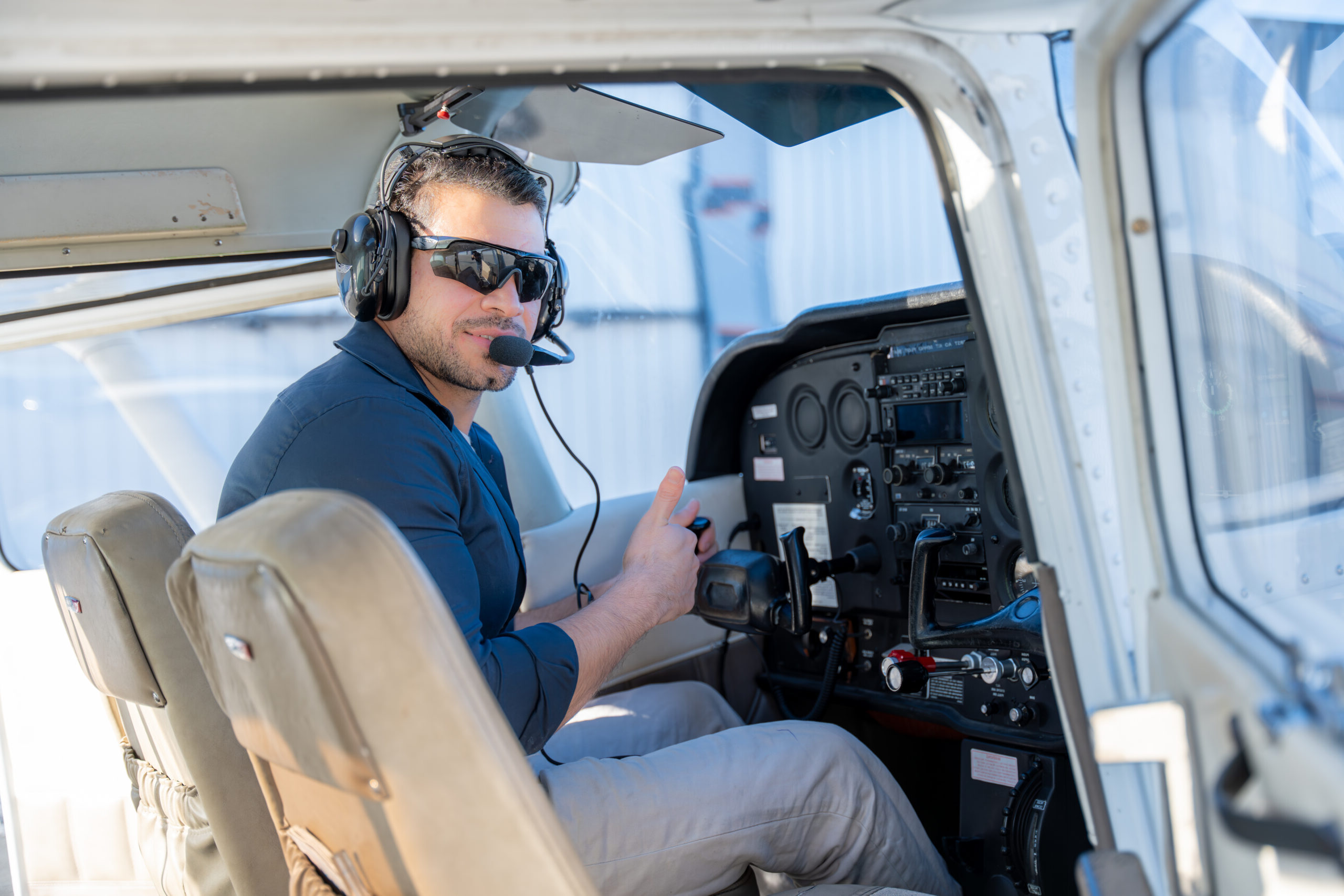If you’re interested in pursuing a career in early childhood education, you may be wondering, “How many credits for early childhood education do I need?”
The answer can vary depending on a few factors, but fear not – we’ve got you covered!
In this article, we’ll explore the credit requirements for early childhood education programs. Whether you’re just starting out or considering a career change, understanding the credit requirements for early childhood education can help you make informed decisions about your education and career path.
So let’s dive in and explore how many credits you’ll need to earn in order to become an early childhood education professional!
What are ECE Credits?
ECE credits refer to credits earned by completing courses in the field of Early Childhood Education (ECE). These credits may be earned by taking courses in areas such as child development, curriculum planning, assessment and evaluation, family and community engagement, and teaching strategies for young children.
ECE credits are often required for individuals pursuing a career in early childhood education, such as teachers, childcare providers, or administrators. Depending on the program or institution, ECE credits may be part of a certificate program, associate’s degree, bachelor’s degree, or graduate degree in early childhood education or a related field.
-
 Earn your ECE (Early Childhood Education) certification in under 1 year.Build the knowledge and skills to shape the lives of children in your community.
Earn your ECE (Early Childhood Education) certification in under 1 year.Build the knowledge and skills to shape the lives of children in your community.
How many credits do you need for early childhood education?
The number of credits required for Early Childhood Education (ECE) varies depending on the level of education and the specific program.
For example, a certificate program in ECE may require around 12-30 credits, while an associate’s degree in ECE may require 60-70 credits. A bachelor’s degree in ECE typically requires around 120-130 credits, while a master’s degree in ECE may require 30-60 credits beyond the bachelor’s degree.
In addition to ECE-specific courses, these programs may also require general education courses, such as English composition, mathematics, and social sciences. Some programs may also require practical experience in the form of internships or fieldwork, which may or may not count toward credit requirements.
It’s important to check with the specific institution and program to determine the exact credit requirements for Early Childhood Education.
Early childhood education high school requirements
- Child Development: This course can introduce students to the stages of development and how children learn and grow.
- Psychology: A course in psychology can provide insight into human behavior and how to work with children who may have different needs or challenges.
- Education and Teaching: This course can provide an introduction to teaching strategies and classroom management techniques.
- English and Communication: Strong reading, writing, and communication skills are essential for working with children, communicating with parents, and writing reports and lesson plans.
- Mathematics: Basic math skills are important for teaching and managing budgets in childcare centers.
ECE Course length
- Certificate programs in ECE may take around 6 months to 1 year to complete, depending on the number of credits required and the course schedule.
- Associate’s degree programs in ECE typically take around 2 years to complete, while bachelor’s degree programs in ECE usually take 4 years.
- Master’s degree programs in ECE can take 1-2 years beyond a bachelor’s degree.
Levels of early childhood education
- Infant/Toddler Education: This level of ECE focuses on the care and education of children from birth to around 3 years of age. Programs at this level often provide activities and experiences that promote social-emotional, cognitive, and physical development.
- Preschool Education: This level of ECE focuses on children from around 3 to 5 years of age. Programs at this level typically introduce children to more structured learning experiences and help them develop important skills such as language, pre-reading, and pre-math.
- Kindergarten: This is the first year of formal education and typically serves children who are 5 years old. Kindergarten programs focus on preparing children for the transition to elementary school and helping them develop important academic and social skills.
- Elementary Education: This level of education typically serves children from around 6 to 8 years old, or grades 1-3. Programs at this level build on the foundational skills developed in preschool and kindergarten and introduce children to more advanced concepts in subjects such as reading, math, science, and social studies.
Conclusion
In conclusion, the number of credits required for Early Childhood Education (ECE) varies depending on the level of education and the specific program.
In addition, ECE programs may require different amounts of credits depending on whether they are certificate programs, associate’s degree programs, bachelor’s degree programs, or master’s degree programs.
However, it’s important for students to check with their specific institution and program to determine the exact credit requirements for ECE. Completing the required credits in ECE can provide students with the necessary knowledge and skills to pursue a career in teaching or caring for young children.



